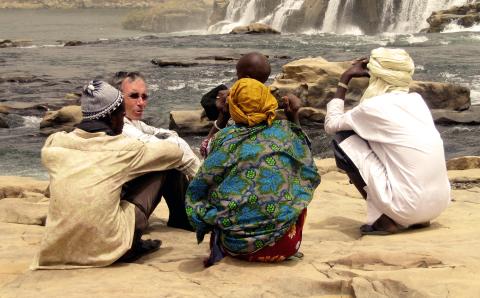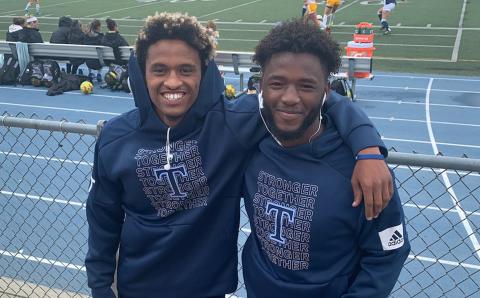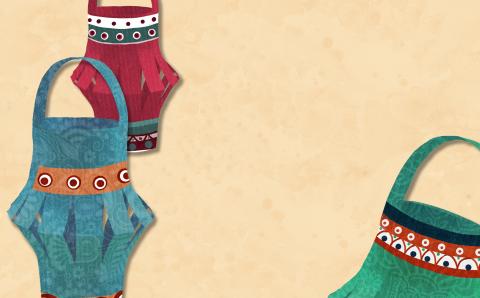I’ve heard the term deepfake applied to video. I would think just fake would be bad enough. Why deep fake? And why should I care?
Deepfakes are artificial videos created—often with the help of artificial intelligence—by combining separate elements of audio and video into a new video that was never actually recorded. The results are amazing. And terrifying.
Someone could shoot a video of a person explaining the benefits of your company’s product in English. When the company grows and wants to offer its product to a non-English-speaking market like China, it’s no problem. First the company records someone reading the script in the new language—Mandarin, in this case—so a computer can “learn” the voice. This new audio is added to the English video, but instead of the English speaker’s mouth or face moving out of sync with the new audio, the original video can be manipulated—again with artificial intelligence—to convincingly match the facial expressions to the new audio.
That’s amazing, but also terrifying, because historical footage can now be revised to show something that never happened. Campaigning politicians could present their rival saying something they never said. Governments can show witnesses describing an event with words the original eyewitnesses didn’t use. And if we’re seeing and hearing it, it must be true, right?
Experts can usually tell when something has been manipulated, but what about the rest of us?
Research shows that humans are incredibly gullible—and lazy. We’d rather believe something that supports what we already believe than take the time to wonder anew. To avoid being duped, I suggest we start by checking references (Where am I watching this? Where did it come from?), apply healthy amounts of skepticism (Why would they want me to see this?), and trust your God-given intuition (This looks too good to be true. Is it?).
If you don’t have time to do the legwork, at least stop the lie from spreading by not sharing it on Facebook.
About the Author
Dean Heetderks is co-director of Ministry Support Services of the CRC and art director of The Banner. Wondering about any part of the digital side of your life? Tell him about it at dean.heetderks@gmail.com







